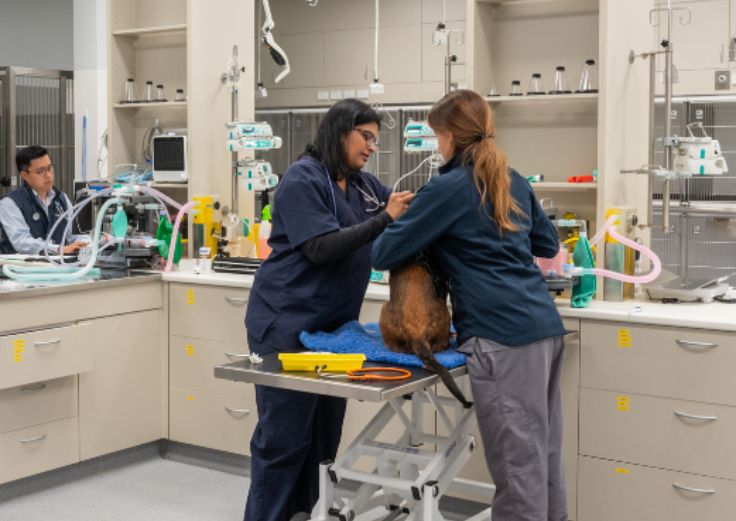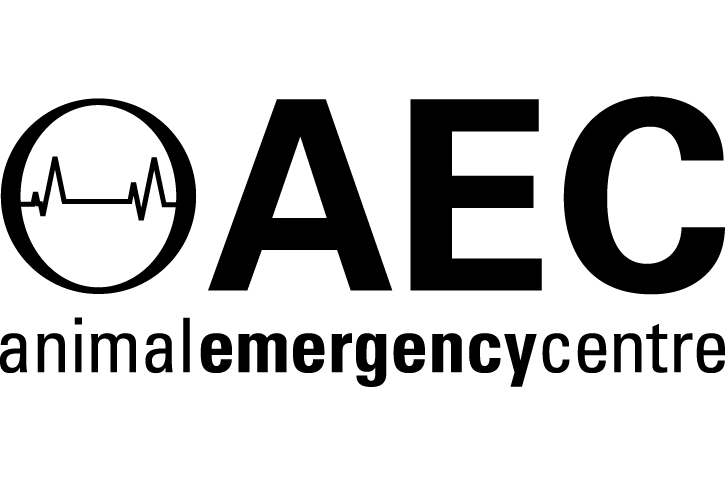Pets suffering from neurological conditions may showcase a variety of symptoms. Some neurological disorders can present gradually, while others may arrive quite suddenly. The broad array of conditions involving the nervous system means that some pets may require immediate treatment involving surgery, whereas others will make a full recovery with a treatment plan.
Reasons your pet may need to see a neurology vet in the AREN Network can include:
Cancers linked to the nervous system
If your pet has a tumour impacting their brain, spinal cord or nerves, you’ll require the guidance of a neurology vet for a prognosis, treatment plan or next steps.
Nerve and muscle disorders
If your pet has trouble standing, walking or difficulty swallowing, they may have a neuromuscular disease. These conditions can also present as muscle weakness, reduced tone or generally abnormal muscle function.
Read more
Seizures and epilepsy
If your pet is experiencing seizures, you’ll require the guidance of a veterinary neurologist. As seizures can be caused by brain tumours, trauma, metabolic issues, high blood pressure, some toxins and liver disease, extensive diagnostic testing to determine the root cause is required.
Balance disorders
Vestibular disorders can be caused by ear infections, thyroid disorders, nerve inflammation, head trauma, tumours, vitamin deficiencies or stroke. These disorders are characterised by incoordination, sporadic eye movements, circling, falling over and tilting their head and require a neurological specialist's expertise.
Inflammatory diseases
Meningitis and encephalitis are serious conditions that can impact your pet. Meningitis refers to inflammation affecting the membranes covering the brain and spinal cord. Signs include fever, neck pain, and muscle spasms. Encephalitis refers to brain inflammation with signs including blindness, partial paralysis of the face or limbs, seizures, depression and other behavioural changes, circling, tilting head and in some cases, coma.
Intervertebral disc disease
Dog breeds, including dachshunds, basset hounds, German shepherds, and shih tzus, can be at higher risk of developing Intervertebral disc disease. This is when the discs between the vertebrae bulge and even burst, invading the spinal cord space. This, in turn, impacts the nerves in the spinal cord, causing pain and, in some cases, paralysis.
Read less
.png)

















